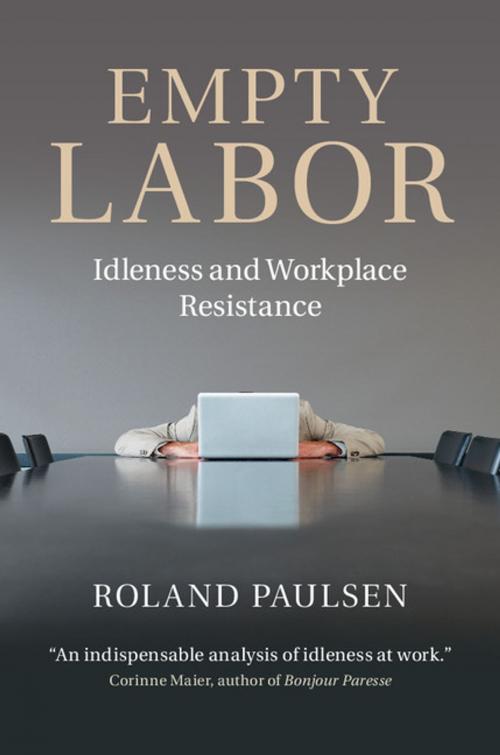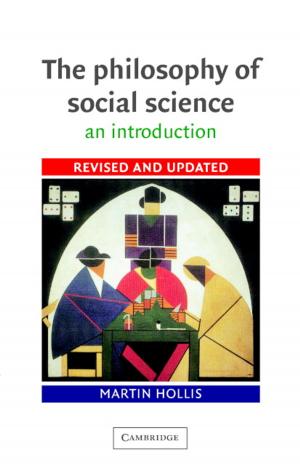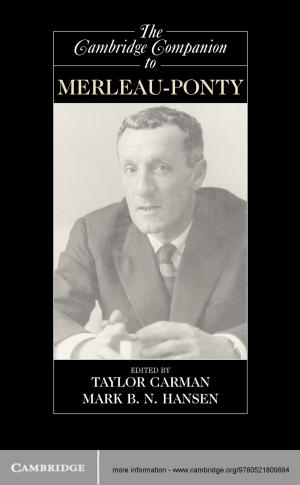Empty Labor
Idleness and Workplace Resistance
Business & Finance, Industries & Professions, Industries, Human Resources & Personnel Management| Author: | Roland Paulsen | ISBN: | 9781139986441 |
| Publisher: | Cambridge University Press | Publication: | August 14, 2014 |
| Imprint: | Cambridge University Press | Language: | English |
| Author: | Roland Paulsen |
| ISBN: | 9781139986441 |
| Publisher: | Cambridge University Press |
| Publication: | August 14, 2014 |
| Imprint: | Cambridge University Press |
| Language: | English |
While most people work ever-longer hours, international statistics suggest that the average time spent on non-work activities per employee is around two hours a day. How is this possible, and what are the reasons behind employees withdrawing from work? In this thought-provoking book, Roland Paulsen examines organizational misbehavior, specifically the phenomenon of 'empty labor', defined as the time during which employees engage in private activities during the working day. This study explores a variety of explanations, from under-employment to workplace resistance. Building on a rich selection of interview material and extensive empirical research, it uses both qualitative and quantitative data to present a concrete analysis of the different ways empty labor unfolds in the modern workplace. This book offers new perspectives on subjectivity, rationality and work simulation and will be of particular interest to academic researchers and graduate students in organizational sociology, organization studies, and human resource management.
While most people work ever-longer hours, international statistics suggest that the average time spent on non-work activities per employee is around two hours a day. How is this possible, and what are the reasons behind employees withdrawing from work? In this thought-provoking book, Roland Paulsen examines organizational misbehavior, specifically the phenomenon of 'empty labor', defined as the time during which employees engage in private activities during the working day. This study explores a variety of explanations, from under-employment to workplace resistance. Building on a rich selection of interview material and extensive empirical research, it uses both qualitative and quantitative data to present a concrete analysis of the different ways empty labor unfolds in the modern workplace. This book offers new perspectives on subjectivity, rationality and work simulation and will be of particular interest to academic researchers and graduate students in organizational sociology, organization studies, and human resource management.















